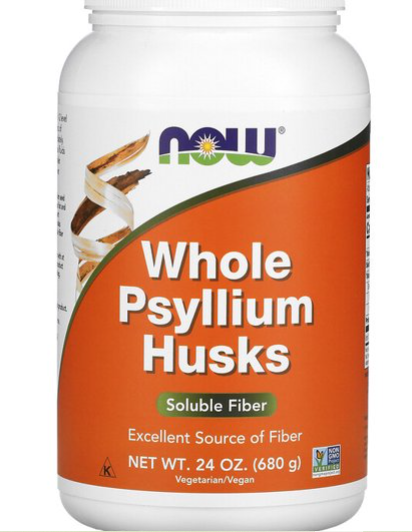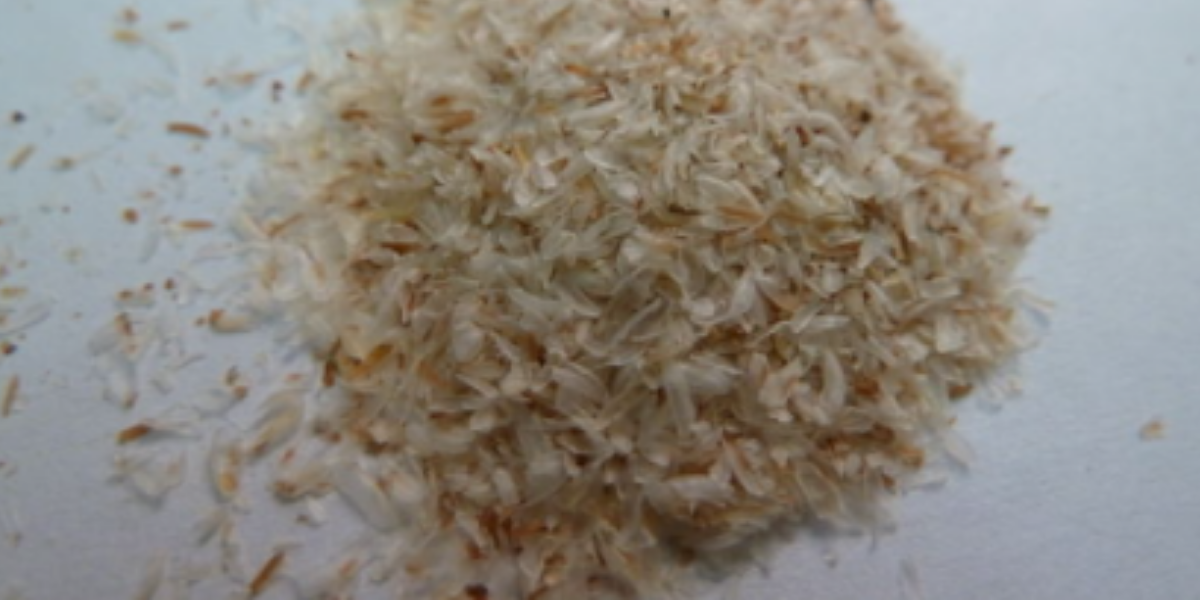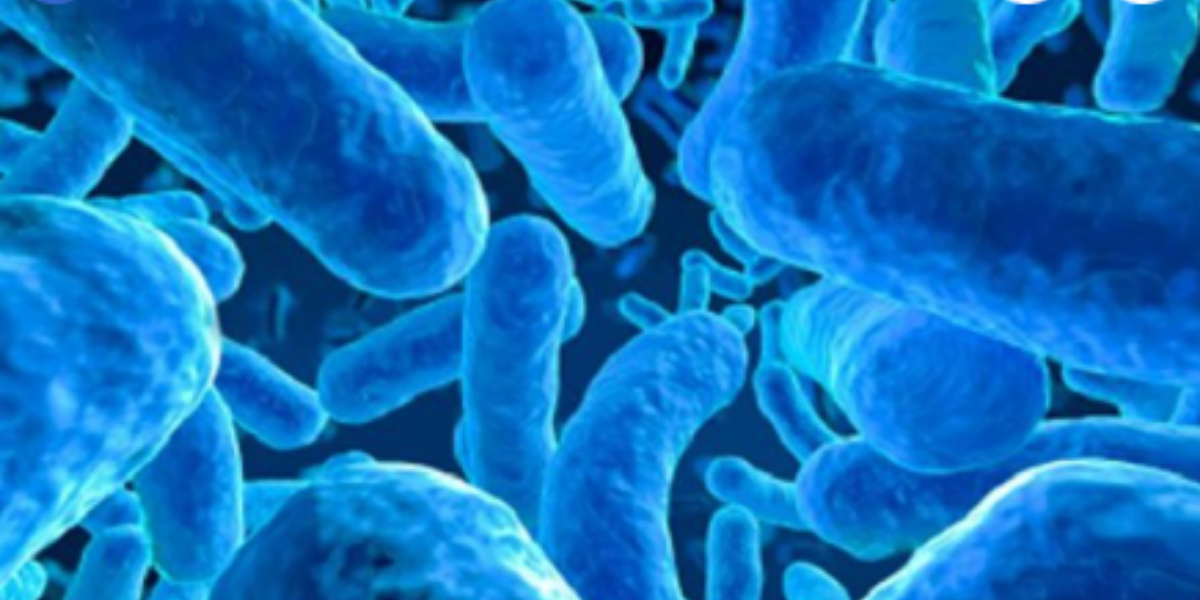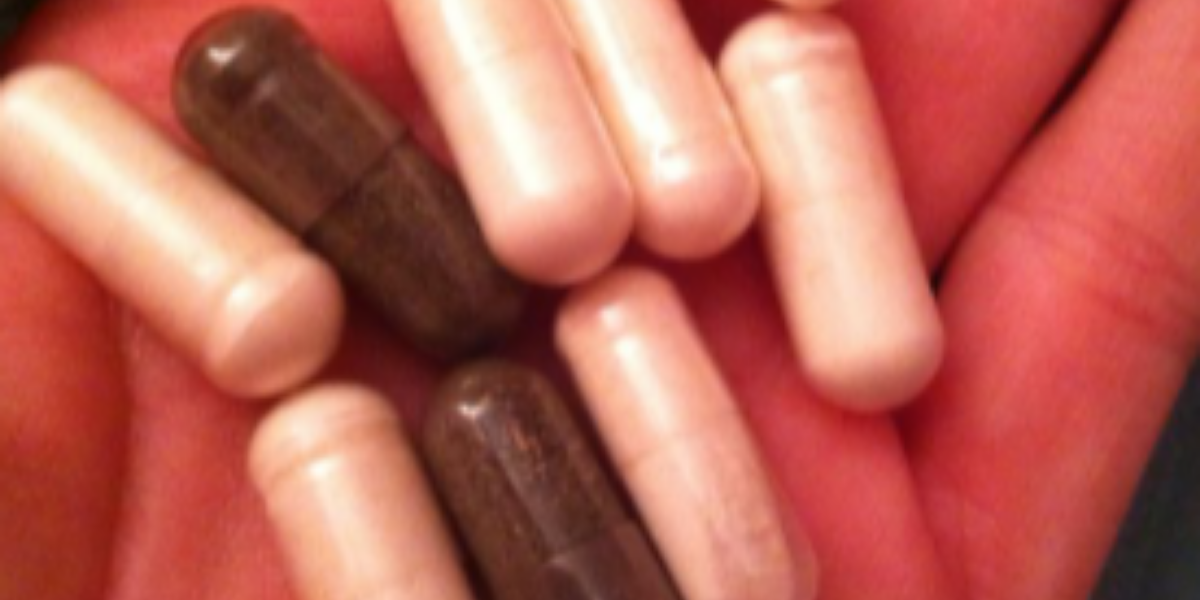Psyllium is a type of fiber that comes from the husks of the seeds of Plantago ovata, a shrub-like herb that is also known as ‘ispaghula’. It is used in baking to thicken cakes and bread products or as a thickener for foods like milkshakes, ice cream, and other frozen desserts. Above all, it is best known for its health benefits.
Primarily used as a dietary supplement, psyllium can be purchased in husk, capsule, granule, or powder form. It can be purchased online and in health stores and supermarkets. Certain foods such as baked goods, breakfast cereals, nutrition bars, and health drinks are also fortified with psyllium. Is psyllium a probiotic? Let’s discuss it in more detail.
Origins Of Psyllium

Psyllium grows worldwide but is most abundant in India where evidence of its use in traditional Ayurvedic medicine was traced back to 5000 years ago. In ancient India, psyllium and psyllium husk was known as ‘Asvakarna’ which was derived from the two Sanskrit words ‘Asva’ (horse) and ‘Karna’ (ear) since the psyllium seeds resemble horse’s ears.
In the US, psyllium was first introduced as a commercial product by one of the Kellogg brothers, John Harvey Kellogg, who discovered it during a trip to Sicily. It was sold at the Battle Creek Sanitarium in the early 1920s under the brand name ‘Psylla’. Psyllium was then put on the Kellogg company’s back burner until the 1970s when the company scientists tested over 100 different sources of soluble fiber and found that psyllium husk was the best one of all!
Nutrition Facts Of Psyllium

Here is the nutritional value of 2 level tablespoons (10 grams) of Now Foods Whole Psyllium Husk including the Percent Daily Values based on a 2000-calorie diet:
Calories 35
Total Fat 0g (0%)
Sodium 10mg (<1%)
Carbohydrates 8g (3%)
Dietary Fiber 7g (25%)
Protein 0g (0%)
Iron 1.7mg (10%)
Potassium 97mg (2%)
Do not take psyllium supplements together with other medications. Psyllium should be taken at least 1 hour before or 2 to 4 hours after taking other medications and always with a full 8 oz. glass of water to gain its full benefits.
Benefits Of Psyllium

Commonly known for its laxative properties, taking psyllium is also beneficial to certain organs of the body, particularly the pancreas and heart. Here are some of the benefits of taking psyllium.
- Relieves constipation
- Helps treat diarrhea
- Lowers blood sugar levels
- Aids in weight loss
- Lowers cholesterol levels
- Helps treat hemorrhoids
- Good for the heart
- Lowers high blood pressure
- Improves symptoms of IBS
Is Psyllium A Probiotic?

Now that we are aware of what psyllium is, it is important to discuss the difference between prebiotic and probiotic and their significance to our body’s gut flora.
A healthy balance of good bacteria in the gut is essential to maintaining overall health as it improves digestion which basically affects everything from our metabolism to our immune system function. In the same way, any disturbances in the balance of microorganisms encourage an increase of bad bacteria which can lead to adverse health effects.
Certain foods are especially favorable to the good bacteria living in our GI tract. When they get the proper nourishment they need from our diet, the communities of beneficial gut microbes are then able to expand. This is where prebiotics and probiotics come in. So what’s the difference between the two?
Probiotics are live strains of bacteria that are naturally found in fermented vegetables or drinks such as:
- Pickles
- Miso
- Sauerkraut
- Kimchi
- Fermented cheeses
- Yogurt
- Kefir
- Kombucha
Probiotics help maintain the integrity of the colon lining which protects the gut from harmful bacteria. They also aid in the absorption of nutrients, digestion, and regularization of bowel movements. Probiotics are especially important in the digestion of carbohydrates but the benefits they offer are not only confined to the gut but also extend to the rest of the body.

Since probiotics are living organisms, they also need to be fed. And the best food for them is prebiotics. Prebiotics are complex carbohydrates generally made up of specialized plant fibers which your body cannot digest. They end up in the lower digestive tract where they are consumed by the good bacteria to help them grow.
Prebiotics also promotes better function of the digestive system because they help absorb calcium, ferment foods faster, keep the gut healthy, and regulate blood glucose levels (glycemic index). Some products like bread, cookies, cereals, and baby formula have been fortified with prebiotics. However, there are also natural prebiotic foods which include:
- Fruits like bananas, apples, and berries
- Onion
- Garlic
- Green, leafy vegetables
- Asparagus
- Flaxseed
- Legumes like peas and beans
- Flaxseed
- Nuts
- Whole grains like oat, barley, and wheat
This brings us back to psyllium. Is psyllium a probiotic? As mentioned earlier, psyllium is a type of soluble fiber which means that it is a prebiotic, and not a probiotic.
Psyllium is primarily used as a bulk-forming laxative. Since the small intestine is unable to digest it, it passes through the digestive system where it absorbs water. After contact with water, psyllium then swells into a clear, gel-like substance up to 10 times its initial volume which helps transport waste through the GI tract.
Psyllium husk is the main ingredient in Metamucil, a supplement that helps to minimize constipation. In fact, a controlled clinical trial featuring 170 participants revealed that supplementing with psyllium in the diet:
- Increased the frequency of bowel movements.
- Increased the water content in stools and made them softer.
- Produced a more powerful effect on constipation compared to other supplements like docusate sodium.
Surprisingly enough, psyllium not only helps treat constipation but relieves symptoms of mild to moderate diarrhea as well. After absorbing enough water in the GI tract, psyllium can make stool firmer which slows down its passage.
A Bit Of Caution

When taken as a supplement, psyllium has helpful uses and offers several benefits. However, there are also certain side effects associated with psyllium use like stomach cramps, flatulence, bloating, constipation and diarrhea (which, ironically, it also seeks to treat!), impaction, and allergic reactions.
Psyllium should also be taken with a full glass (8 oz.) of water, and drink at least 6 to 8 glasses throughout the day since taking psyllium supplements without enough liquids can make it swell and even cause choking.
Due to these potential side effects or interactions with some medications, psyllium should only be taken under your doctor’s supervision. Ultimately, these supplements should not be used as a substitute for a healthy diet. Is psyllium a probiotic? No, it isn’t and hopefully, it has been clearly explained.

